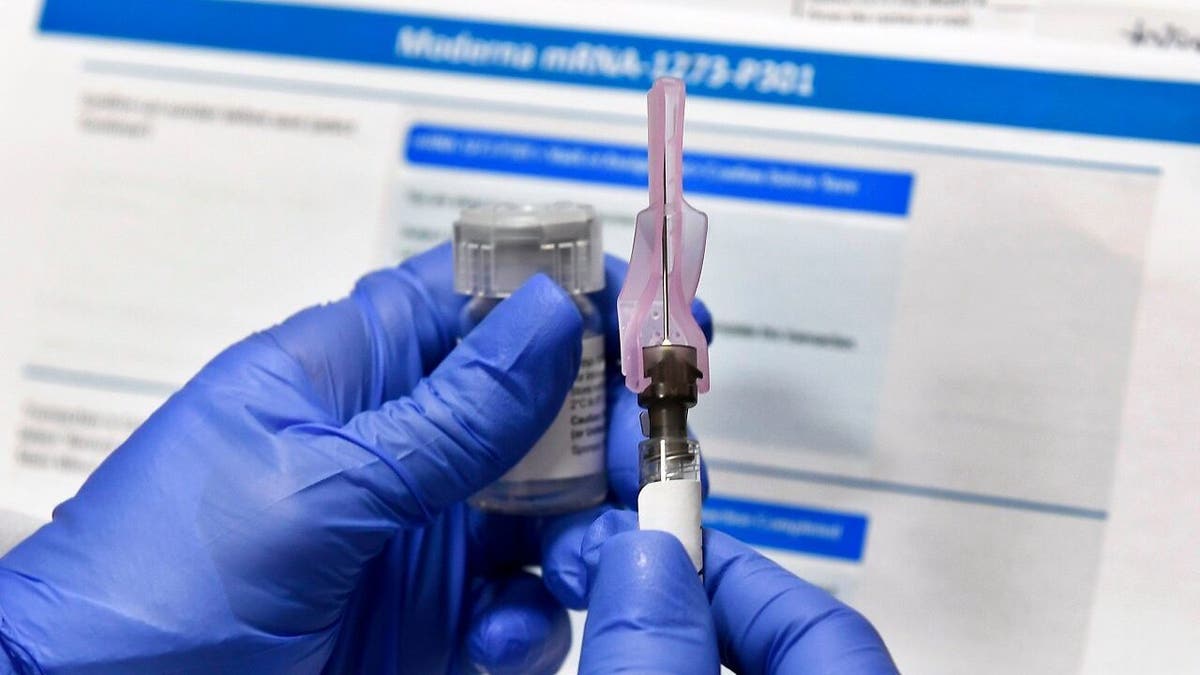Fox News Flash top headlines for September 16
Fox News Flash top headlines are here. Check out what's clicking on Foxnews.com.
A top scientist at the World Health Organization says it's unlikely the world will return to some semblance of normal pre-coronavirus life before 2022.
“The way that people are picturing it is that in January, you have vaccines for the whole world and things will start going back to normal,” the organization's chief science officer, Soumya Swaminathan, told the South China Morning Post.
But, according to Swaminathan, that vision is a fantasy and "not how it works." She pointed out that the most realistic timeline places a COVID-19 vaccine rollout during mid-2021 and that immunization wouldn't happen overnight, and wearing face coverings and social distancing would still be necessary for a while afterward.
FEDERAL GOVERNMENT UNVEILS PLANS TO MAKE CORONAVIRUS VACCINE FREE FOR ALL AMERICANS
“We need 60% to 70% of the population to have immunity before you will start seeing a dramatic reduction in transmission of this virus,” Swaminathan explained at a virtual meeting hosted by the United Nations Foundation. "We also don’t know how long these vaccines will protect for -- that’s the other big question mark: How long does immunity last? And, it’s possible that you will need a booster.”

A nurse prepares a shot as a study of a possible COVID-19 vaccine, developed by the National Institutes of Health and Moderna Inc., gets underway in Binghamton, N.Y., in July. (AP Photo/Hans Pennink)
This week, Microsoft co-founder Bill Gates made a similar prediction. The billionaire is helping to fund a multitude of vaccine efforts.
Speaking with New York Magazine, Gates said global immunity seemed unlikely until 2022 and that the logistical challenges surrounding distribution mean that "even if 80% of all the vaccines get approved and we get all this capacity, to get the eradication, it stretches into 2022."
"You hope it doesn’t stretch past 2022," he added.
Developing a viable vaccine normally takes a decade, but efforts to produce one for the novel coronavirus have been accelerated to an unprecedented pace.
The New York Times reported that there are currently 40 vaccines in clinical trials and nine already in Phase 3 testing worldwide.
On Wednesday, the Department of Defense and federal health agencies outlined plans for a potential vaccine that include making it available for free to all Americans.
According to the Associated Press, agencies are looking at January for the potential beginning of a vaccination campaign.
On Tuesday, President Trump reiterated his belief that a vaccine could arrive before Election Day. The U.S. has the most cases of the virus in the world, with Johns Hopkins Coronavirus Resource Center reporting 6.6 million confirmed cases and more than 196,000 deaths.
“We’re going to have a vaccine in a matter of weeks. It could be four weeks, it could be eight weeks…will it be before the election, it could be …we’ll start delivering it immediately upon getting it,” he told "Fox & Friends."
CLICK HERE FOR THE FOX NEWS APP
The president's own health officials have rebuffed such a timeline — and vaccine-makers have vowed to wait for safety and effectiveness data -- but National Institute of Allergy and Infectious Diseases Director Dr. Anthony Fauci has said a vaccine by Election Day is at least theoretically possible.
There have been 29.6 million confirmed coronavirus cases reported globally and more than 936,000 deaths.









































